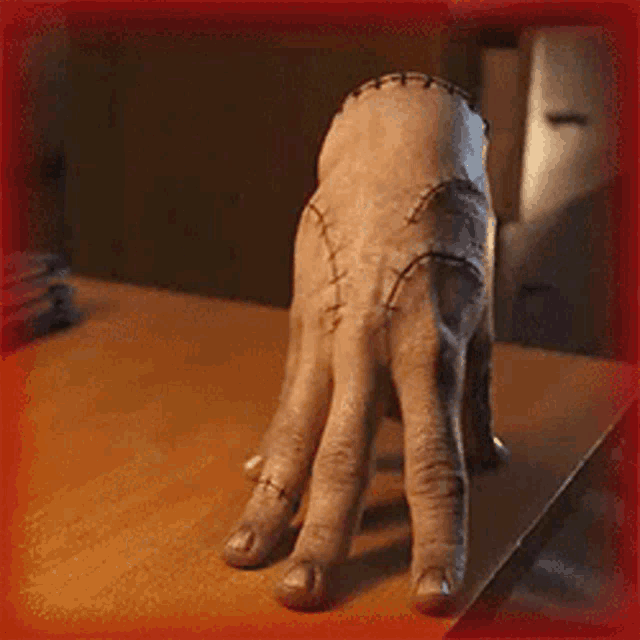And I disagree at the notion the original is the best take. I think both of them are great mysteries for different reasons. It's fine for you that you enjoy one more than the other but that doesn't make it inherently "better" as you keep arguing.
I didn't say "better," I said
more. There are
more layers of mystery to the original Thing. I mean, he's called "the Thing." That's what you call something you don't have a word for, because you don't know what it is. We know what a severed hand is -- it's a severed hand. We may not know
why it is, but at least we know
what it is. The original Thing was a hand, yeah, but also an arm and... then what? And where? And how? How far does the arm go? What, if anything, is at the other end? What if we're only seeing the tip of the iceberg? It's just less defined, which was the whole idea behind calling him the Thing.
And I personally find it an interesting paradox that the simpler FX technique for creating the character is the one that produces the less straightforward result. I'm not trying to prove I'm "right" or anything childish like that; I'm just talking about something I find interesting. It's a TV show, for Pete's sake. It's not like it's anything genuinely important or worth arguing over. It's just a mildly interesting thing to muse about.
A supernatural theory. One of Frankenstein's hands gets lopped off but continues to "live" on its own therefore proving each part of the host body is alive individually.
A scientific explanation, a brilliant scientist develops a serum that reanimates dead flesh and things get out of hand.
Except that Frankenstein's Monster isn't supernatural. The premise has always been that he was created through a scientific breakthrough -- the synthesis of life from raw materials in the novel, the reanimation of dead tissue in the movies. Indeed, Mary Shelley's
Frankenstein is often called the first science fiction novel, in that it was the first to posit a fantastic phenomenon being created through the application of science, or at least of science extrapolated from the real research of the era, such as galvanism.
Anyway, what I'm saying is that I like Thing better
without an explanation.


